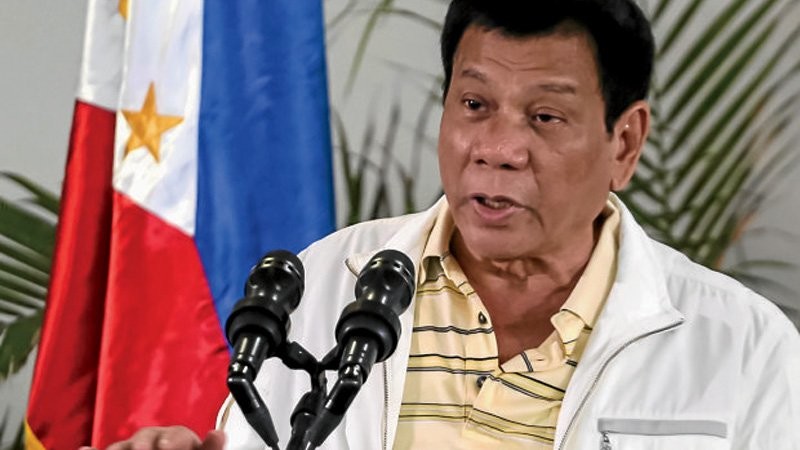Nonpolitical reasons
PRICES OF local stocks fell sharply in August, prompting some analysts to claim that the honeymoon period between Philippine stocks and the new administration was over. When the weakness persisted at the start of September, foreign media said the mounting stock market losses were somehow due to President Duterte’s controversial war on drugs and foul language.
The Philippine Stock Exchange index (PSEi), the main barometer of local stock prices, rallied when then Davao City Mayor Duterte won the presidency by a landslide in May, hitting a 15-month high on July 21. It was downhill from there and, last Friday, the PSEi closed at 7,581.79, down 1.11 percent for the day and off by 6.42 percent from the July 21 peak. For the year, however, the PSEi was still up by 9.06 percent.
Article continues after this advertisementThere are many reasons for the market’s weakness last month, and the President’s constant cussing is not among them.
A fund manager interviewed by Bloomberg summed up what happened in August and continues in September: He made good money in the Philippines by coming in before the surge last July, took some profit, and moved to other regional markets that give him more value and growth.
Price is probably the biggest consideration for an investor when buying stocks; risk is a close second. The Philippines has one of the most expensive stock markets in the region. The PSEi is valued at more than 18 times projected earnings for 2016—the highest in Asia, and compares with the average for developing countries of 12.3 times. That makes other stock markets attractive in terms of price.
Article continues after this advertisementAugust is also considered the weakest month for stocks. It is called the “ghost month,” and many Chinese investors avoid making financial moves like investing in stocks during this period because of the belief that it will bring bad luck in the future. It is also the time when many global fund managers from Europe and the United States take their annual summer vacation. When fund managers are absent and wealthy Chinese investors from Asia are not active in trading, the stock market is expected to weaken due to a lack of demand.
Globally, investors are also starting to factor in not only the increasing probability of an interest rate increase in the United States happening as soon as September, but also the market uncertainties brought by Britain’s decision to leave the European Union. Announcements like these cause fund managers to take out investments from riskier emerging markets like the Philippine stock market and shift to dollar assets such as risk-free US Treasuries.
Locally, certain economic policies or biases that investors tend to view negatively are causing the stock market to weaken. An example is the clampdown on mining following the appointment of antimining advocate Gina Lopez to head the Department of Environment and Natural Resources. This has led to the decline in the stock prices of listed mining companies. Another is the announced policy bias against gambling or gaming, which led to declines in the prices of some listed firms like Philweb.
A pragmatic assessment is offered by BPI Securities chief executive Michaelangelo Oyson, who views the market reversal as technical and not driven by foreign investors dissatisfied with the foul-mouthed President: “Keep in mind [that] the rally we saw this year was not because of Duterte. It was largely driven by carry trade—that is, funds abroad came rushing to the Philippines as they were looking for yields given the negative interest rates in many [advanced] economies. By the same token, this flow reversal is not about Duterte. It is about market concerns that the [US Federal Reserve] may raise rates soon, which will diminish the yield attractiveness of the Philippines as the interest rate differential [narrows].”
There is a positive way to view the current stock market slump. Many local stockbrokers agree that this downturn provides a buying opportunity for local investors because the underlying macroeconomic outlook of the Philippines has remained positive, global interest rates will generally remain low, and monetary policies will be relaxed and supportive of equity markets. As one local broker quipped, we should let the foreign investors cash in and leave and let local investors take advantage of the dip and buy low. It will likely be profitable for them in the months ahead.

















